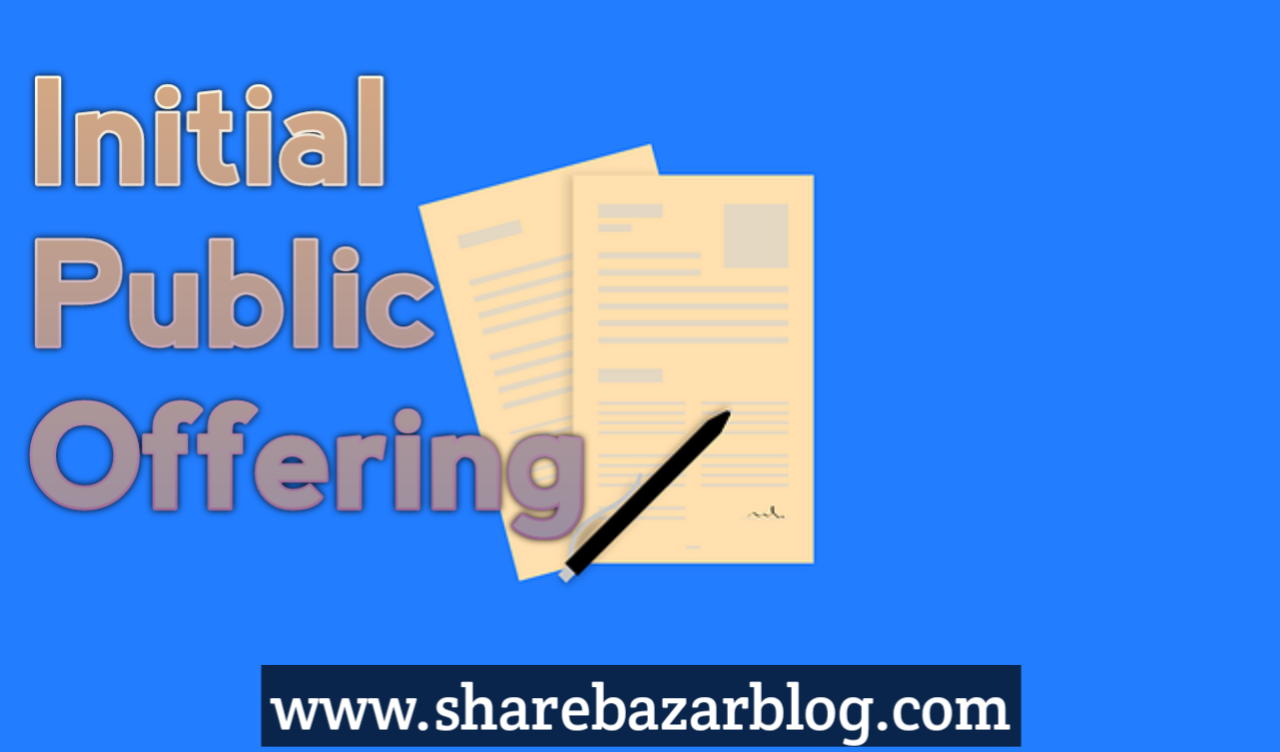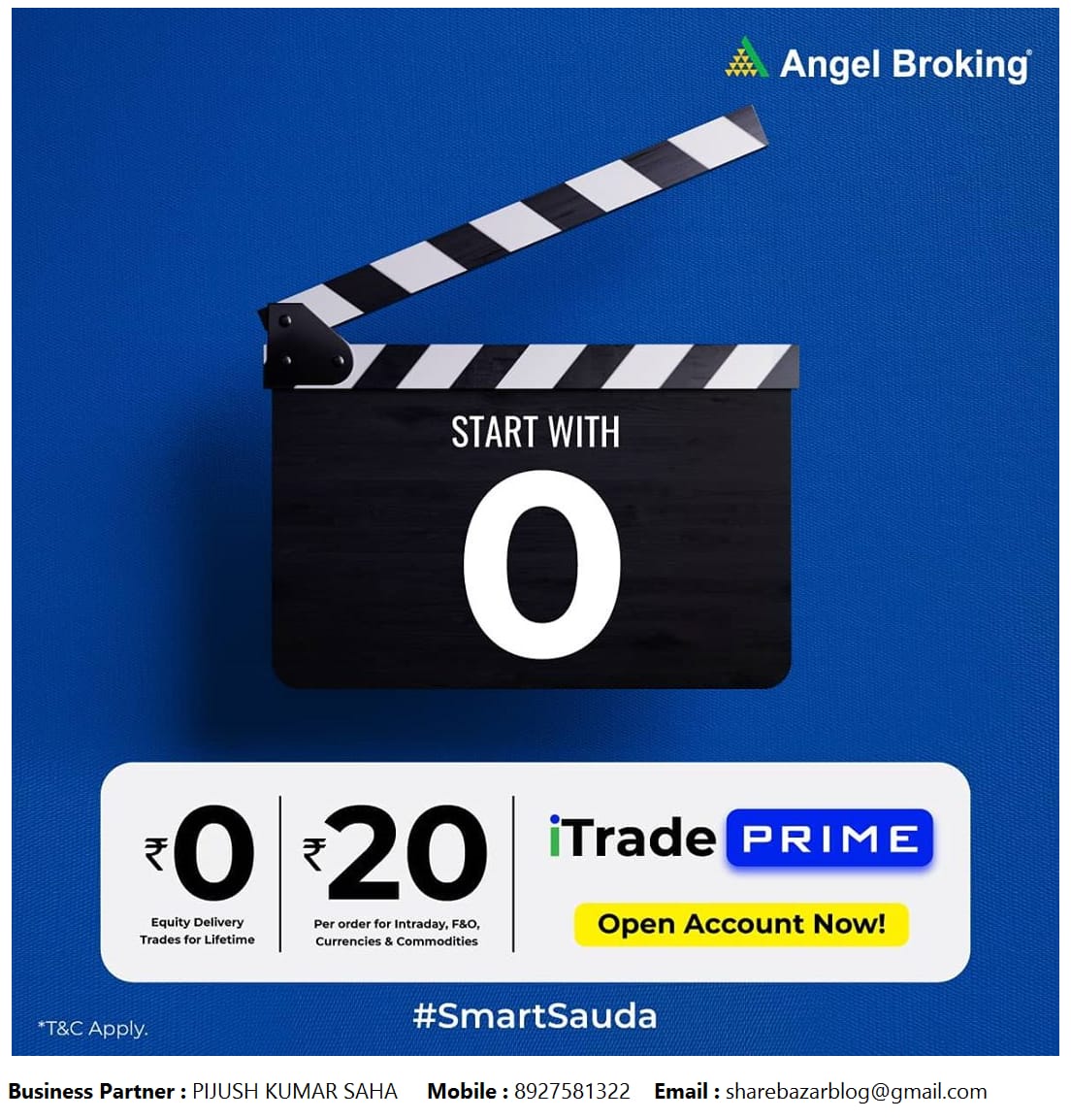An initial public offering, or IPO, occurs when your company sells shares to the public to raise funds and get access to capital that you might not have been able to secure through other means. But an IPO(Initial Public offering) isn’t right for every company. If you’re thinking about going public, ask yourself these questions first to determine if it’s the right decision for you and your business.
Table of Contents
What is a Initial Public Offering?
A public offering (also called a public stock offering or just IPO) is when a private company sells shares of its stock on one of two major markets: NSE, BSE . This process also allows non-accredited investors, those who do not make more than $200,000 per year and have a net worth less than $1 million, to invest in companies that were previously only available for accredited investors. Although getting listed on one of these exchanges has many benefits—including transparency, protection from shareholder lawsuits and increased liquidity—the process can be long and arduous. In addition, an IPO only opens up your company’s stock to more buyers; it doesn’t necessarily mean you’re selling at a profit.
Why Bother With Going Public?
So why go through all of that trouble? Why not just stay private and work in peace with your team? There are lots of reasons, but here are a few big ones: 1. Growing more rapidly. Going public allows you to raise more money, more quickly, than in almost any other way. 2. Having access to capital markets. Working with large institutions (like mutual funds or pension funds) can be very helpful if you need a lot of money quickly and want them on board from day one (and also want them as shareholders). 3. Making acquisitions easier and cheaper.
Also read A Beginner’s Guide to the Stock Market
Understand How IPOs Work
If you’re thinking about using an initial public offering (IPO) as a way to raise funds for your business, it helps to know what exactly you’re signing up for. An IPO can be a thrilling experience—as well as a stressful one. From deciding whether it’s right for your company to preparing your business plan and learning how IPOs(Initial Public offering) work, there are many important things to understand before choosing a path forward.
A Checklist of Things To Do Before An IPO (Initial Public offering)
Ask yourself these questions and fill in some of your answers. Hopefully, you’ll have enough detail in your responses that you can get a sense of whether going public would be a smart move. 1) Is my business operating as efficiently as possible? This is essentially just asking yourself what you can do better – but there’s no shame in asking yourself honest questions about how you could improve your company or product. 2) Do I want to run a public company? While it’s possible that running a private company isn’t right for you, just realize that if it isn’t, then there are different options available than an IPO. 3) Can I raise money privately?
Keeping Track Of IPOs( Initial Public offering)And The Market Place
It can seem difficult at first to keep track of all of these different IPOs(Initial Public offering), but it becomes easier once you know where to look. There are a number of websites and other places you can go on your phone or computer to see which IPOs(Initial Public offering) have gone live in recent days, weeks and months. For example, sites like Nasdaq and Investopedia tend to cover new stock listings on a regular basis. Additionally, you’ll want to keep track of performance over time as well, which means creating a watch list so that whenever those stocks are in trading range (meaning they’ve been released into general circulation), you’ll be alerted by app or email when it’s time to buy.
Finding The Right Broker
Before you can buy shares in a company, you’ll need a broker who can help you with your purchase. A broker helps investors make informed decisions about buying and selling stock and provides a level of customer service that you won’t get from a discount brokerage firm. There are several types of brokers available, including full-service, discount, online and day traders. Each option has its own advantages and disadvantages that should be taken into consideration before choosing a broker. The type of investment account you choose (i.e., individual or joint) also plays a role in determining what kind of broker you should use.
Hi, I’m Pritam Saha. I have a passion for stocks and have spent my last 6+ years learning about the stock market. My Blog focuses on idea & concepts that improve the skills of the investor to manage their own money.








Pingback: A Beginner's Guide to the Stock Market - Share Bazar Blog
Pingback: What is the NFT? - Share Bazar Blog